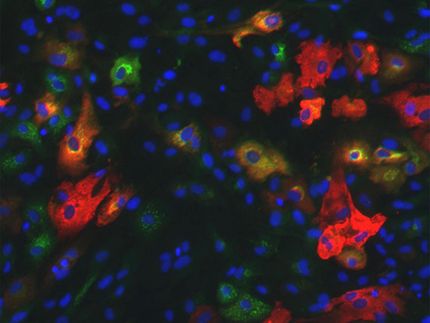Plant Sacrifices Cells to Fight Invaders
Gene ensures programmed cell suicide does not go unchecked
Advertisement
Researchers recently discovered a gene essential to one of the plant kingdom's key immune responses--programmed cell death (PCD). Plants use PCD to create a protective zone of dead cells around the infection site to prevent the invading pathogen from spreading. But how the plants keep from killing themselves after they turn on the cell-suicide process was a mystery.
Now, in the May 20 issue of the journal Cell, Yale University's Savithramma Dinesh-Kumar and his colleagues report finding a gene that normally propagates a "pro-survival" signal in plant tissue. Without that input, an alternate "pro-death" signal moves out of the infected areas and damages the rest of the plant. The group studied the plant-pathogen interactions in a type of tobacco easily infected with a virus in the laboratory. The model system allowed the researchers to inactivate, or silence, a gene important to the plant's PCD response. In particular, when the gene was inactivated, the plant was unable to regulate the extent of PCD, leading to excessive cell death throughout the plant.
When a plant pathogen makes contact with its intended target, the plant cells immediately launch a set of sophisticated molecular responses. Such defense mechanisms, including PCD, are similar to immune responses exhibited by animal cells when they are fighting a disease-causing agent.
In fact, PCD is a well-researched, yet still puzzling phenomenon that has been described in virtually all cell types, both plant and animal. PCD plays a critical role in many biological processes including immune system function, embryonic development and elimination of defective cells. When PCD malfunctions, or is undermined by pathogens, the effects can be devastating, resulting in diseases such as cancer, Alzheimer's and AIDS.
Dinesh-Kumar, whose work is supported by the National Science Foundation's (NSF) Plant Genome Research program, had to first develop the gene-silencing technique to adequately inactivate the plant genes. The new technique was a success for the field of plant research and is currently being used by several research groups. NSF's Jane Silverthorne said, "This is a great example of how NSF-supported tools are enabling important basic research in plants with a broader relevance to other organisms."
























































